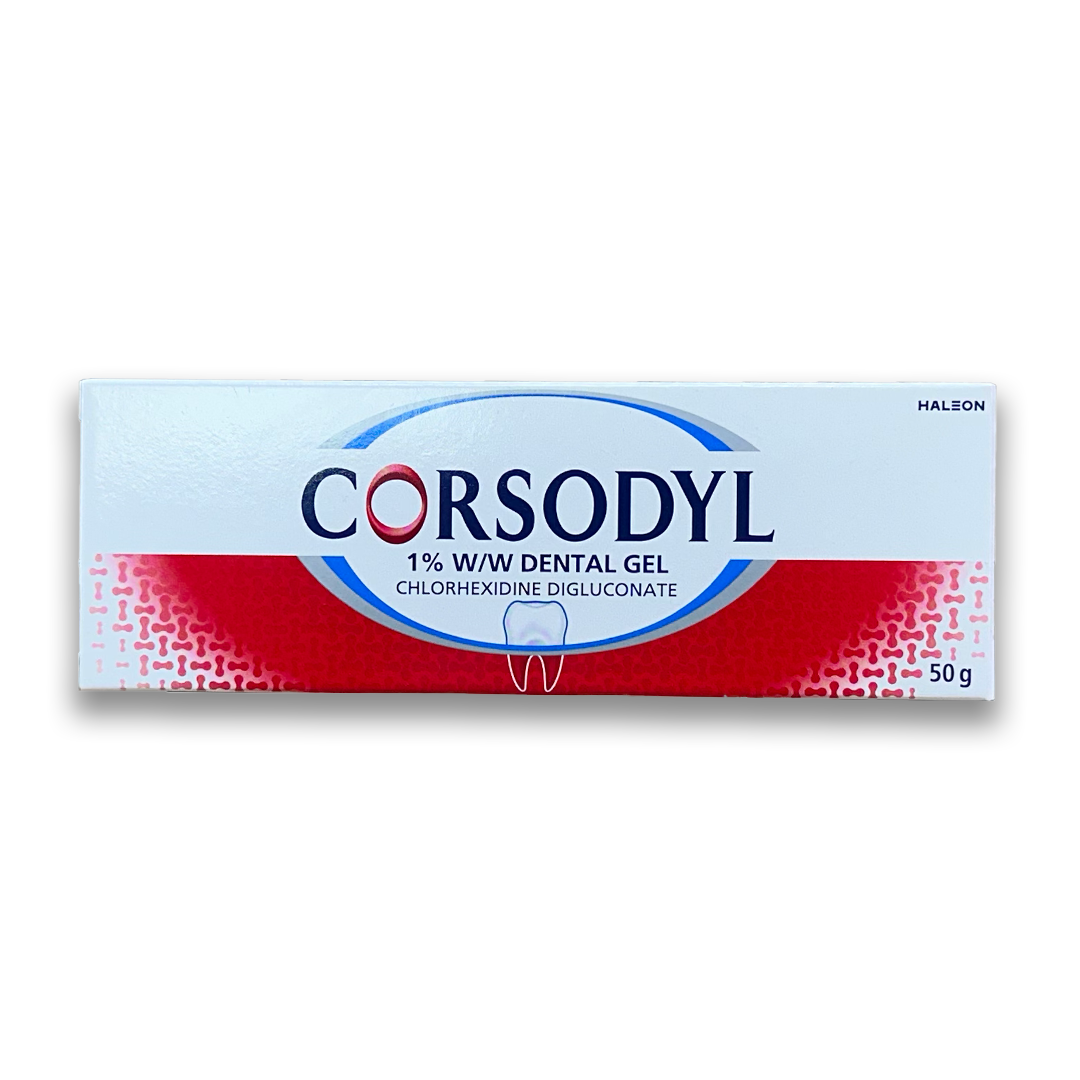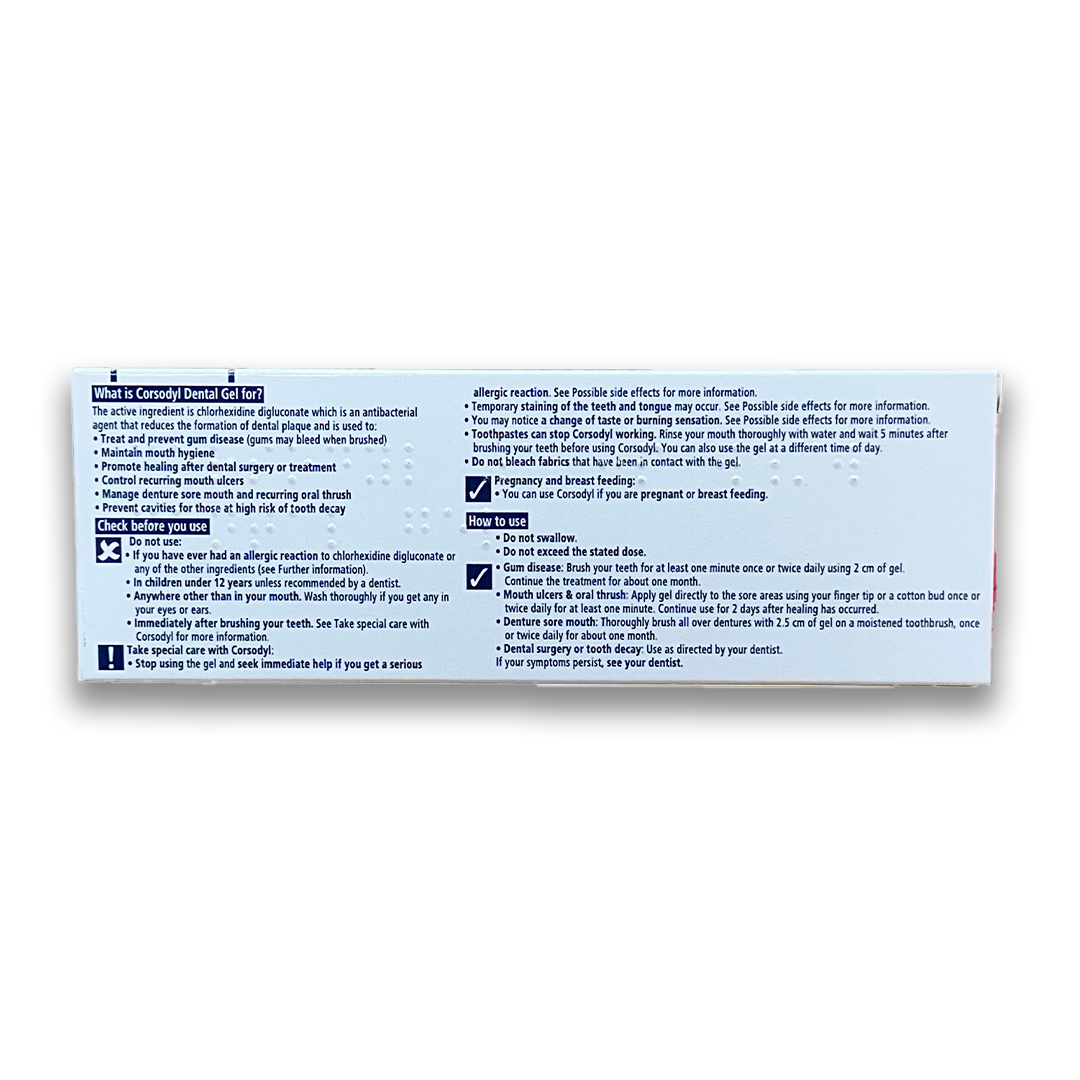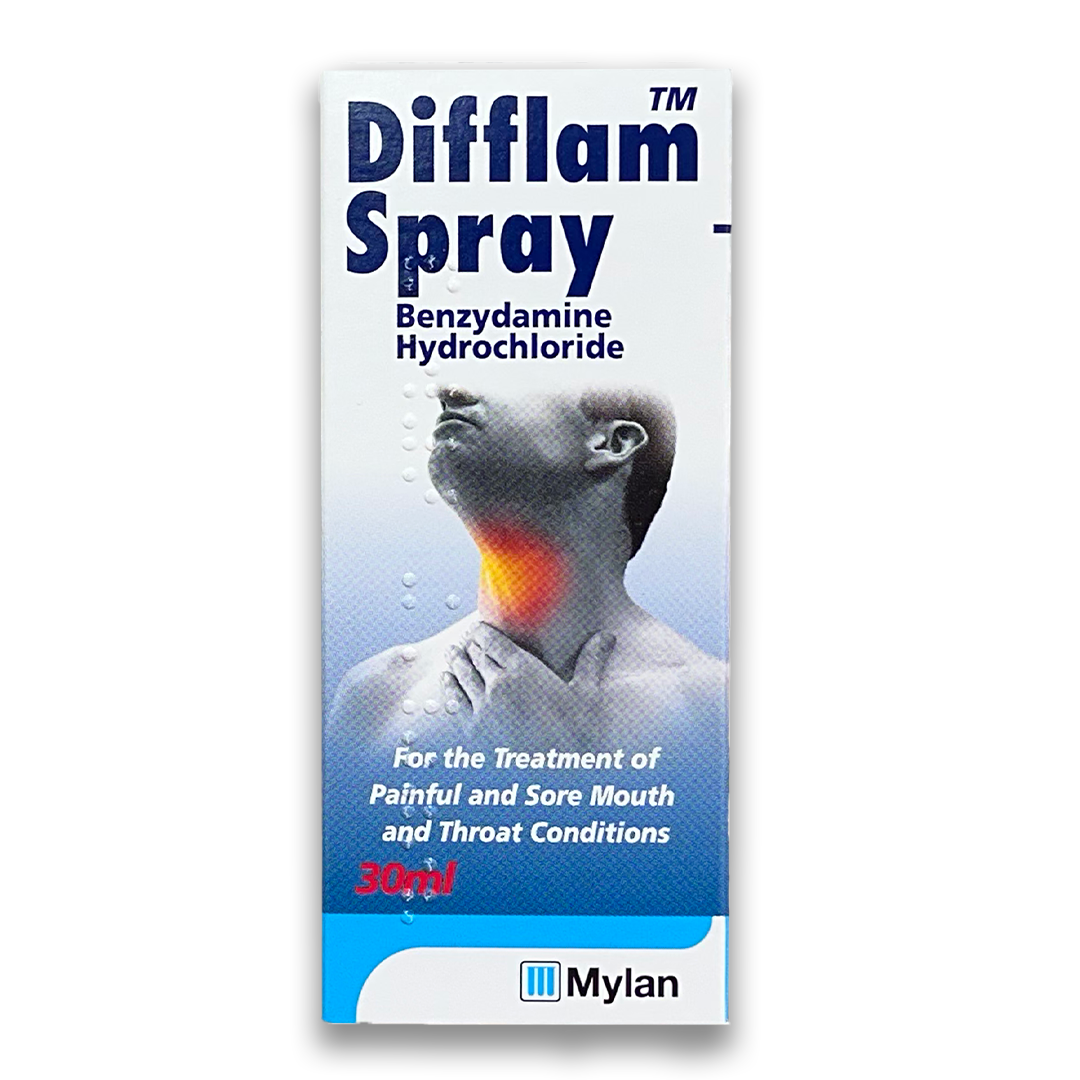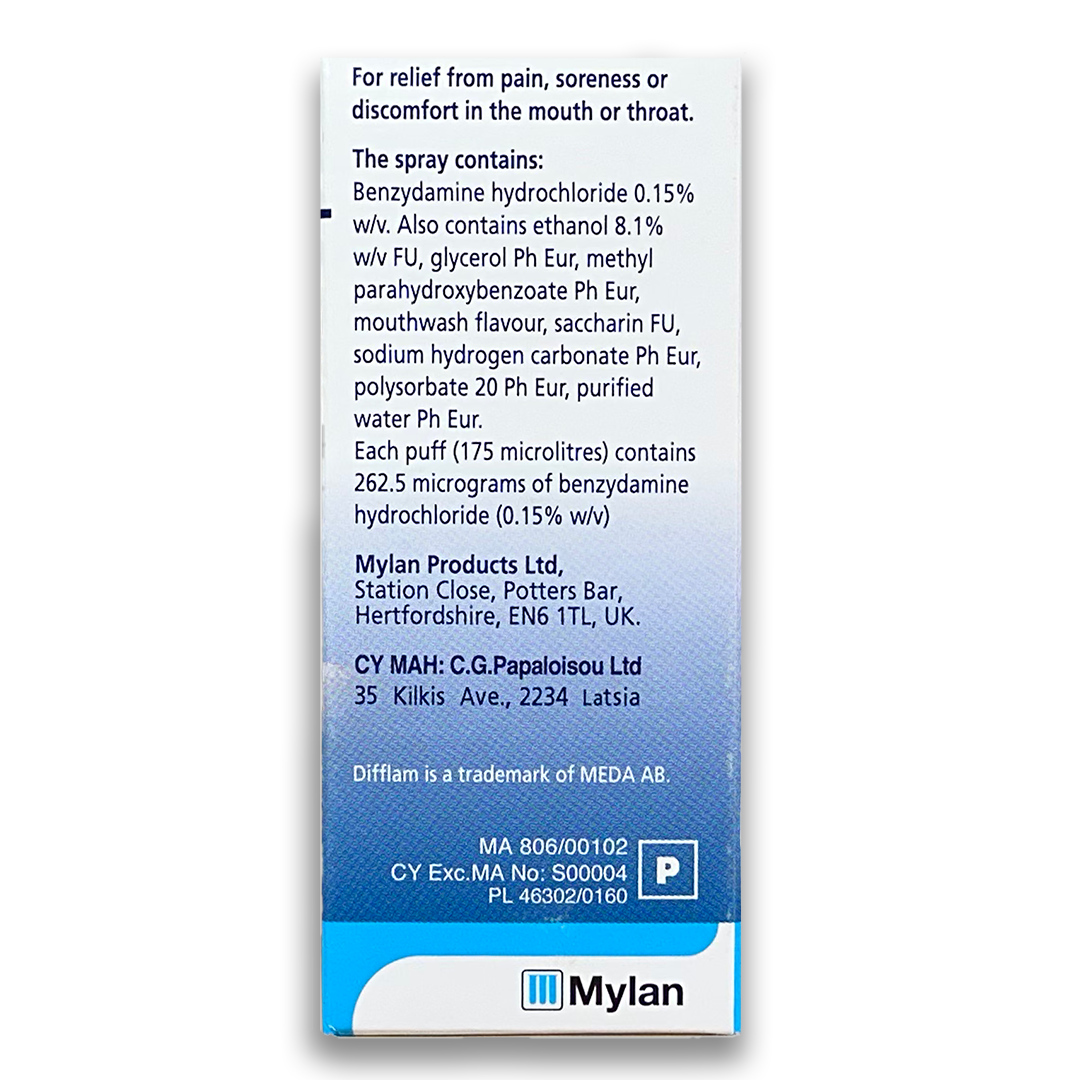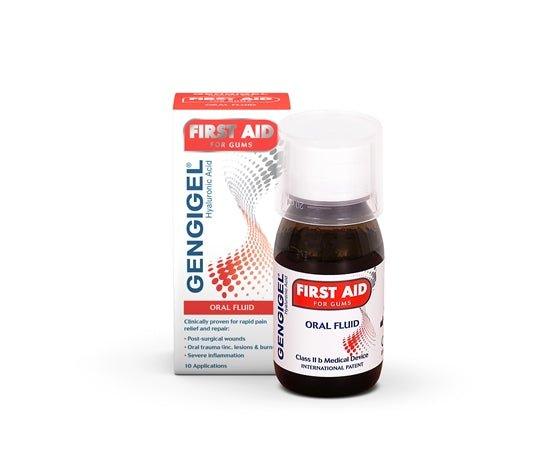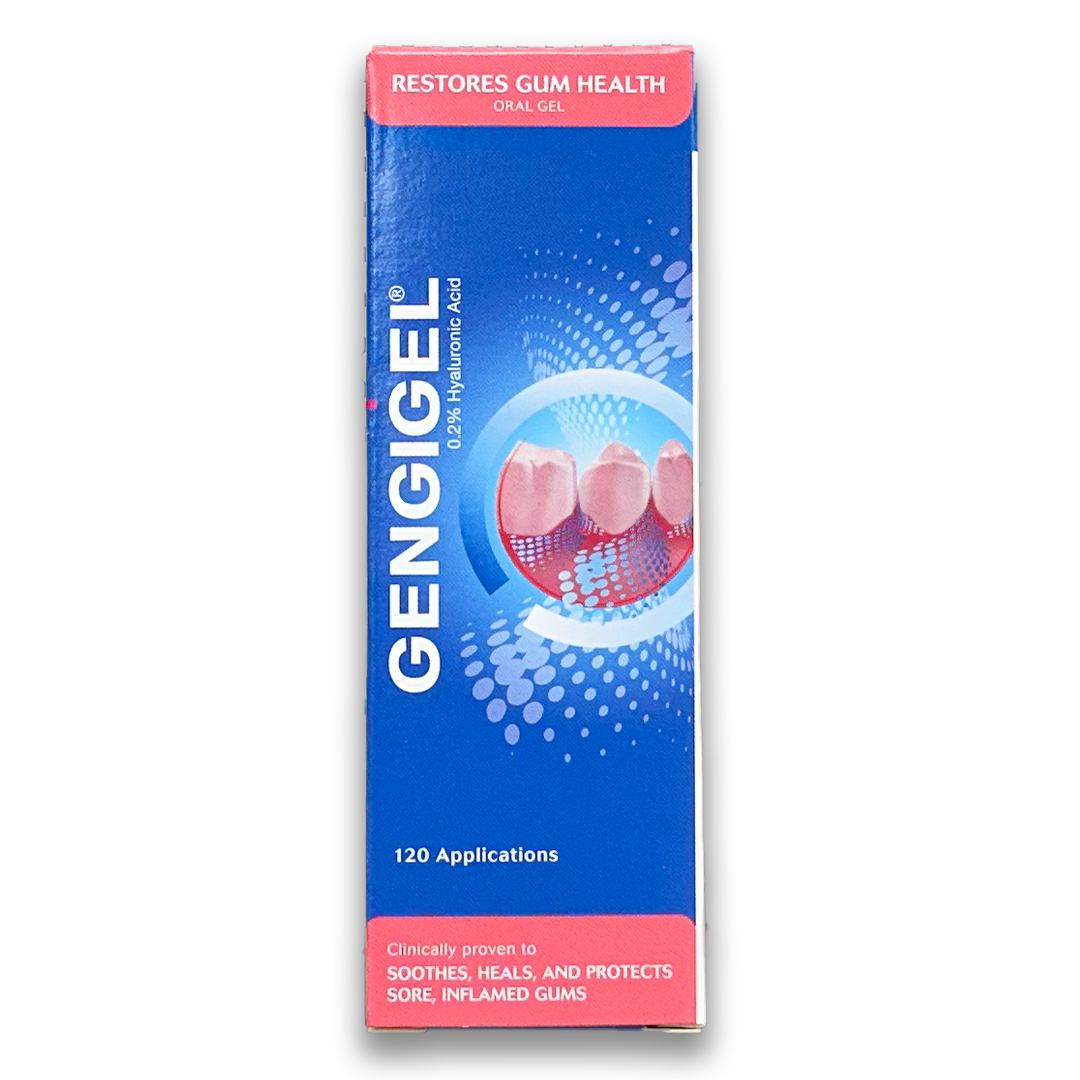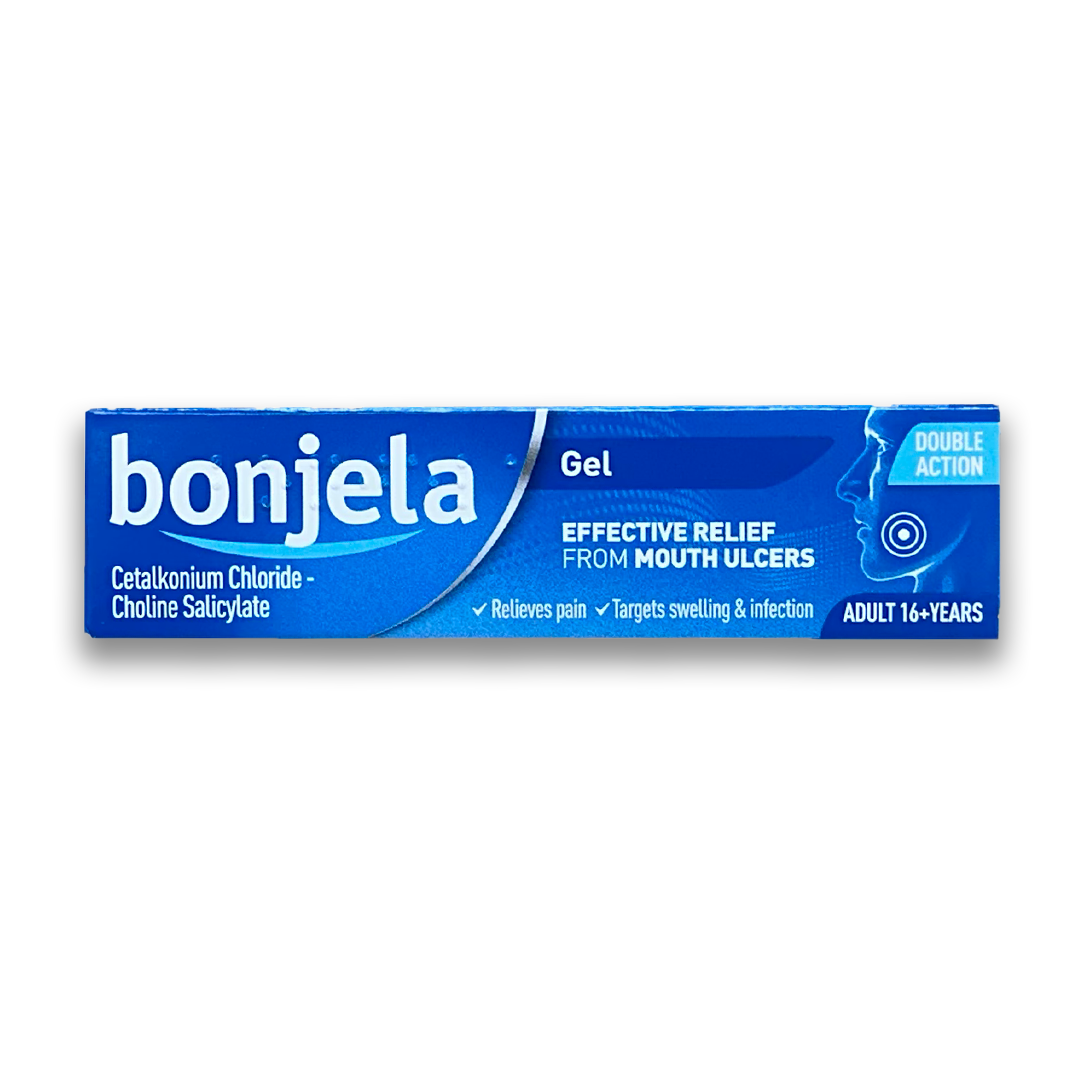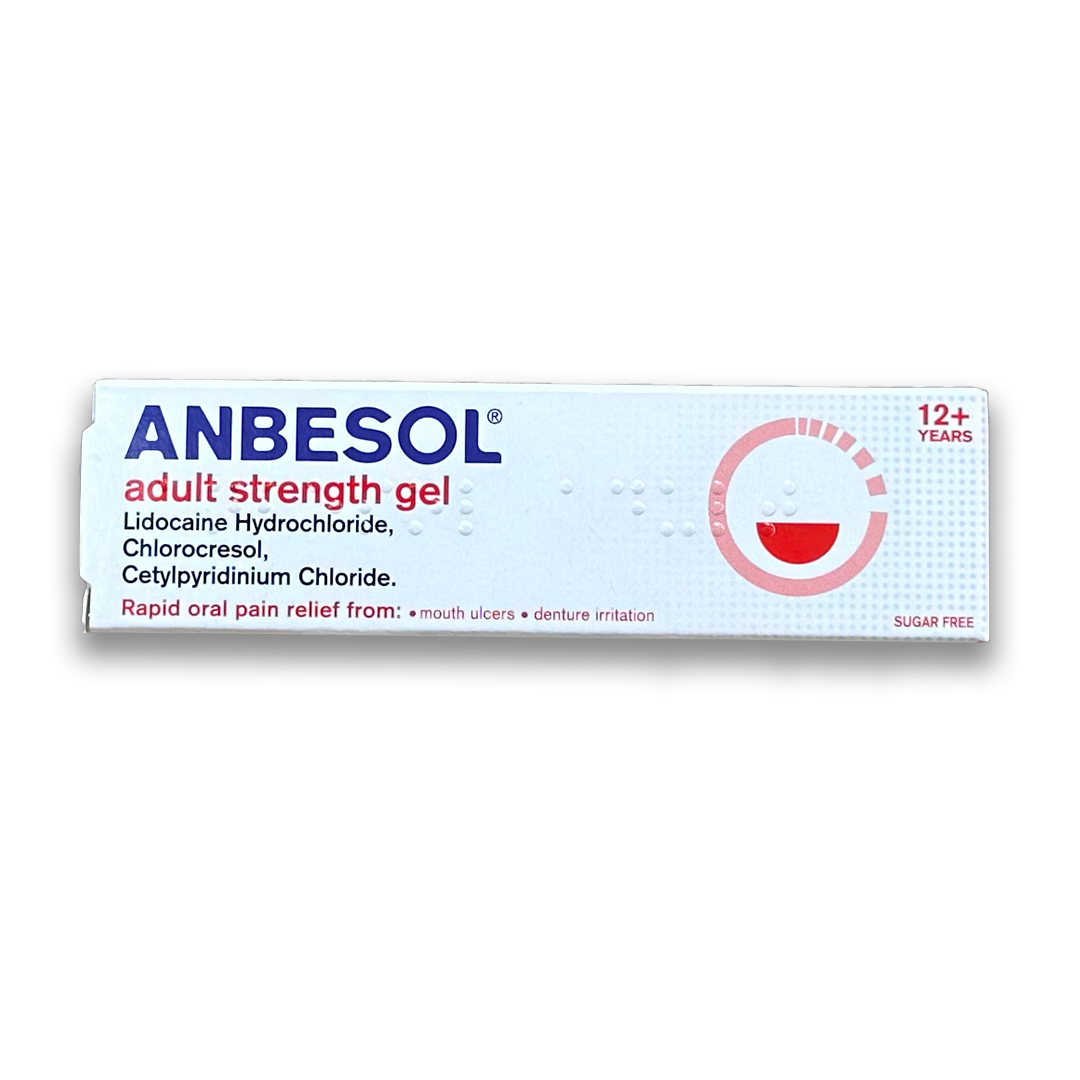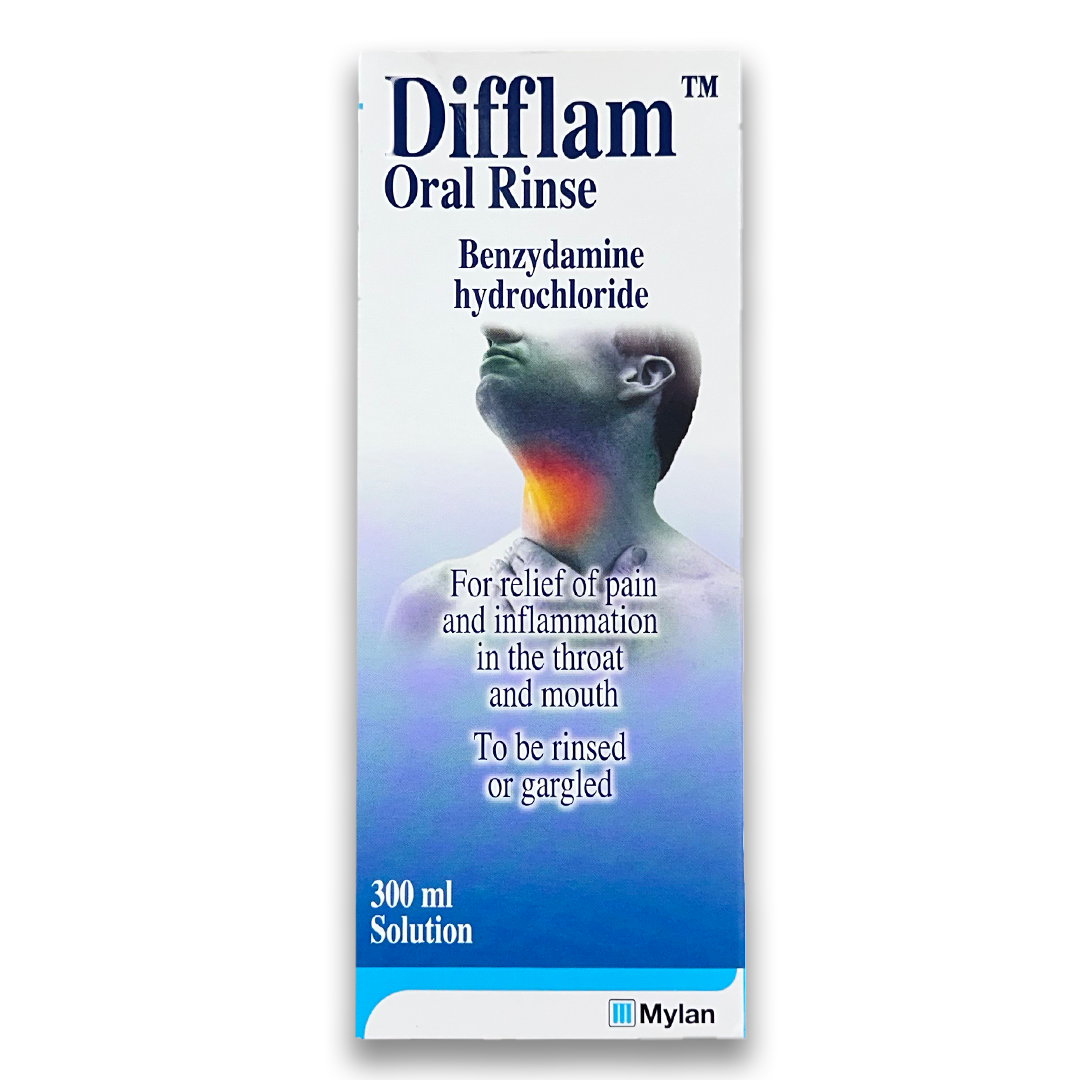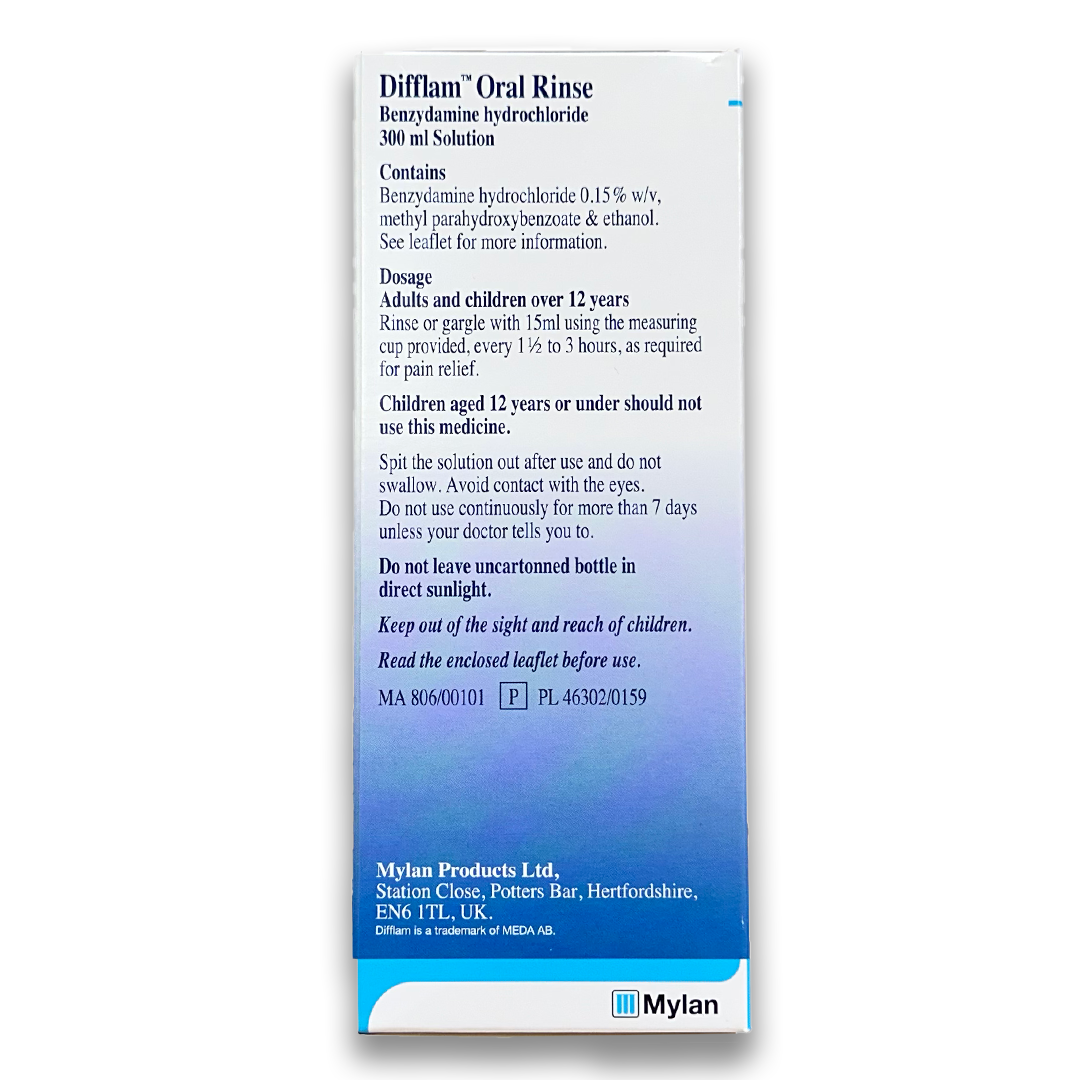Understanding the causes of oral health issues is essential for effective management and prevention. Here are some of the key causes associated with various oral conditions:
1. Dental Caries (Tooth Decay)
Description: Dental caries, commonly known as tooth decay, is the deterioration of tooth structure caused by acid-producing bacteria.
Causes: The main causes of tooth decay include poor oral hygiene practices, consumption of sugary foods and drinks, and a lack of fluoride in the diet.
2. Gum Disease (Periodontal Disease)
Description: Gum disease encompasses a range of conditions that affect the tissues supporting the teeth, including gingivitis and periodontitis.
Causes: Poor oral hygiene, smoking, genetics, hormonal changes, and certain medical conditions can contribute to gum disease.
3. Tooth Sensitivity
Description: Tooth sensitivity involves discomfort or pain when consuming hot or cold foods and beverages or when brushing and flossing.
Causes: Tooth sensitivity can result from enamel erosion due to acidic foods, toothbrush abrasion, gum recession, or dental procedures like teeth whitening.
4. Oral Thrush
Description: Oral thrush is a fungal infection characterized by white patches on the tongue, inner cheeks, and other oral tissues.
Causes: Oral thrush is often linked to a weakened immune system, the use of certain medications (like antibiotics), or medical conditions like diabetes.
5. Temporomandibular Joint (TMJ) Disorders
Description: TMJ disorders affect the jaw joint and surrounding muscles, leading to pain, jaw clicking, and restricted jaw movement.
Causes: TMJ disorders can result from teeth grinding (bruxism), jaw injury, arthritis, stress, or an uneven bite.



